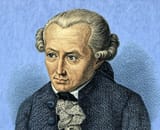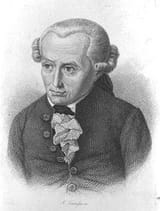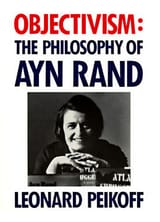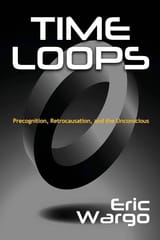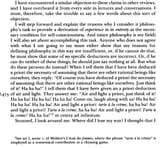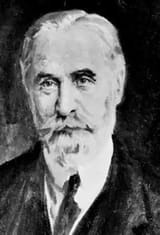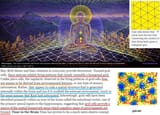Anonymous
6/14/2025, 3:58:57 PM
No.24465666
[Report]
>>24465674
>>24465704
>>24465709
>>24465729
>>24465768
>>24465820
>>24465843
>>24465921
>>24465925
>>24466103
>>24467229
>>24467481
>>24468556
>>24470656
Daily reminder that the Esoteric Kantanon is correct. This is from Fichte's lectures on the foundations of transcendental philosophy in 1799, section 17:
"What is a 'category'? Kant claimed that he was in possession of a definition of this term but did not wish to state it, in order not to expose himself to certain avoidable objections. Kant is an honorable man, and we must take him at his word on this. We can also certainly appreciate these difficulties that drove him to keep silent, FOR KANT WAS ANXIOUS TO EXPOUND HIS IDEALISM IN A FORM THAT WOULD NOT RAISE SUSPICION."
The normie mind cannot hand idealism on 'full blast'. That's why Kant got the ball rolling with idealism-lite in his Critique of Pure Reason. If you expose a normie to idealism in its raw state he will become confused and enraged; if you persist he will proceed to persecute you, as Fichte experienced. For the normie, idealism = nihilism, atheism, and florid psychosis all in one. For the autisto-schizophrenic wizard it is truth itself, the unity behind all multiplicity. The normie sees the Absolute as a cipher = 0. The autisto-schizophrenic sees the entire universe in that X, I=I beyond space and time, Kant's transcendental apperception. You may mock us but once we perfect our system of techno-practical reason the current normie-dominated state of affairs will be replaced with a new one - Socialism with Autistic Characteristics. If you start studying the Wissenschaftslehre today we MIGHT be able to get you a minor bureaucratic post. Otherwise you will be laboring in a state-owned orgonite mining venture in South Dakota. All normie property will be forcibly purchased by the government with coins made of plastic and then redistributed for autistic purposes. HR women will be sent to re-education/homesteading camps in Manitoba. YOU HAVE BEEN WARNED. The progress of Reason is inexorable. He who laughs last laughs longest.
"What is a 'category'? Kant claimed that he was in possession of a definition of this term but did not wish to state it, in order not to expose himself to certain avoidable objections. Kant is an honorable man, and we must take him at his word on this. We can also certainly appreciate these difficulties that drove him to keep silent, FOR KANT WAS ANXIOUS TO EXPOUND HIS IDEALISM IN A FORM THAT WOULD NOT RAISE SUSPICION."
The normie mind cannot hand idealism on 'full blast'. That's why Kant got the ball rolling with idealism-lite in his Critique of Pure Reason. If you expose a normie to idealism in its raw state he will become confused and enraged; if you persist he will proceed to persecute you, as Fichte experienced. For the normie, idealism = nihilism, atheism, and florid psychosis all in one. For the autisto-schizophrenic wizard it is truth itself, the unity behind all multiplicity. The normie sees the Absolute as a cipher = 0. The autisto-schizophrenic sees the entire universe in that X, I=I beyond space and time, Kant's transcendental apperception. You may mock us but once we perfect our system of techno-practical reason the current normie-dominated state of affairs will be replaced with a new one - Socialism with Autistic Characteristics. If you start studying the Wissenschaftslehre today we MIGHT be able to get you a minor bureaucratic post. Otherwise you will be laboring in a state-owned orgonite mining venture in South Dakota. All normie property will be forcibly purchased by the government with coins made of plastic and then redistributed for autistic purposes. HR women will be sent to re-education/homesteading camps in Manitoba. YOU HAVE BEEN WARNED. The progress of Reason is inexorable. He who laughs last laughs longest.



